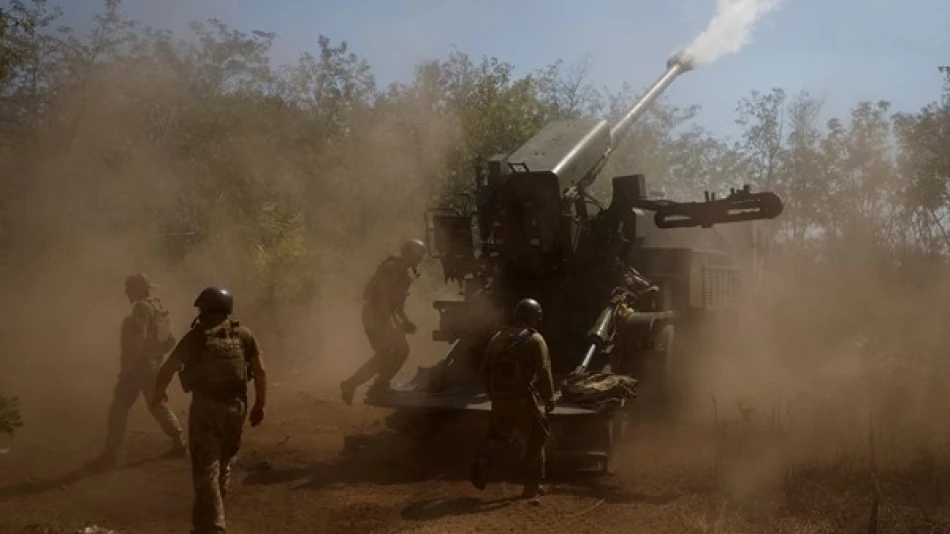
Russia Warns Against Western Proposals on Ukraine's Security
Russia Rejects Western Security Guarantees for Ukraine as "Strategic Provocation"
Russia has sharply criticized Western proposals for Ukrainian security guarantees, warning they would transform Ukraine into a "source of strategic provocations" on its border and escalate conflict risks. The rejection comes as European allies work to finalize a security framework that Ukrainian President Volodymyr Zelenskyy expects to see outlined as early as next week, highlighting the deepening divide over post-conflict arrangements.
Moscow's Red Lines on Security Architecture
Russian Foreign Ministry spokesperson Maria Zakharova delivered a pointed rebuke of current Western proposals during a Friday press conference in Moscow, calling them "unilateral and clearly designed to contain Russia." Her comments reflect Moscow's fundamental opposition to any security arrangement that doesn't accommodate Russian strategic interests.
"Security guarantees must be based on mutual understanding that takes into account Russia's security interests," Zakharova emphasized, articulating what appears to be a non-negotiable position for the Kremlin.
The "Indivisible Security" Doctrine
Zakharova's reference to "indivisible security" invokes a key Russian foreign policy principle that Moscow has used to justify opposition to NATO expansion since the 1990s. This doctrine argues that one nation's security cannot be enhanced at the expense of another's—a concept Russia has repeatedly cited to oppose Western military presence in former Soviet territories.
European Allies Push Forward Despite Russian Opposition
European partners are advancing their security guarantee framework regardless of Russian objections, with Zelenskyy expressing optimism about imminent progress. This suggests Western capitals may be moving toward a containment-style approach reminiscent of Cold War-era security arrangements.
The timing is significant: as military dynamics on the ground potentially shift, both sides appear to be positioning for eventual negotiations by establishing maximalist opening positions on post-conflict security architecture.
NATO's Shadow Presence
Russia has consistently stated it will not accept any NATO forces on Ukrainian territory—a position that severely constrains potential security guarantee mechanisms. This stance echoes Moscow's pre-conflict demands and suggests little flexibility on what it considers core security interests.
Strategic Implications for Future Negotiations
The current standoff over security guarantees reveals the fundamental challenge facing any future peace settlement: reconciling Ukrainian security needs with Russian strategic demands. Moscow's framing of Western proposals as "provocative" suggests it views current discussions as preliminary moves in a larger geopolitical contest rather than genuine peace-building efforts.
For international observers, Russia's response indicates that any sustainable resolution will likely require either significant Russian concessions under pressure or a security framework that somehow accommodates Moscow's concerns—both scenarios that appear unlikely given current positions.
Market and Geopolitical Ramifications
The hardening of positions on both sides suggests prolonged uncertainty for European energy markets and defense spending. Countries neighboring Russia may accelerate their own security preparations, potentially driving increased defense procurement and NATO reinforcement in Eastern Europe.
The rejection also signals that resolution remains distant, with implications for global grain markets, energy supplies, and the broader international security architecture that has governed European relations since 1945.
Most Viewed News

 Layla Al Mansoori
Layla Al Mansoori






